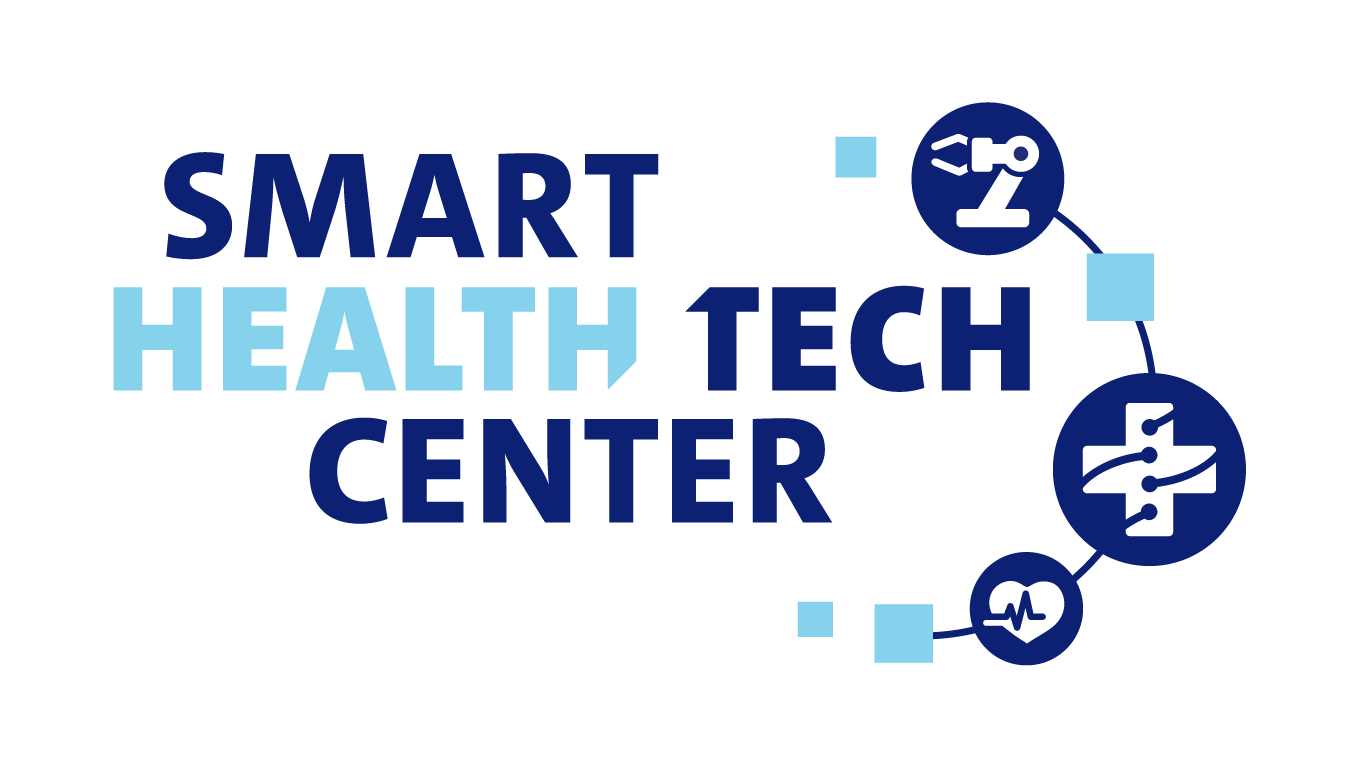Investigating the role of histone post-translational modifications in stabilization of DNA replication forks

Project summary
Chromatin modifiers are the major determinants of accessibility to nucleosomal DNA which allows for the accomplishment of essential biological processes like DNA replication and repair in the most efficient manner. Errors in DNA replication can catastrophically degrade both the genetic and the epigenetic integrity of chromosomes, contributing to a state of genome instability that drives tumorigenesis. Many commonly used anti-cancer drugs interfere with the DNA replication process to enhance the intrinsic genomic instability of cancer cells to cause fatal DNA damage, but modulation of the replication machinery can also result in chemoresistance to these drugs. Mounting evidences have revealed the high mutation/amplification rate in chromatin modifier genes in several types of cancers that possibly contribute to build tolerance towards replication stress inducing drugs. However, mechanisms by which chromatin modifying activity responds to enhanced stress to stabilize the replication machinery and the cellular factors involved in the process are poorly understood.
Using a quantitative proteomic approach, I have identified a highly conserved histone modifying factor, EHMT2/G9a to be associated with replication forks. The decreased expression of EHMT2/G9a results in increased sensitivity towards DNA replication stress-inducing chemotherapeutic drugs in BRCA1-deficient tumor cells. These preliminary data strongly suggest that changes to local epigenetic marks on histones in the vicinity of replication fork regulates replication fork dynamics and prevents genome instability. To test this hypothesis, I will use a combination of quantitative proteomics, super-resolution microscopy, specialized single molecule techniques and genomics. My expertise in using these combinations of technologies will reveal the intricate molecular mechanisms underlying the role of chromatin modifications in the context of DNA replication stress and its role in genome stability.
Project Nilhan Gunhanlar:
Unravelling the role of a subpopulation of astrocytes expressing MCT8 in thyroid hormone signalling during human brain development
Thyroid hormone (TH) is crucial for normal human brain development; deficiency during fetal development causes neurodevelopmental impairments. Remarkably, TH related diseases occur up to 10% of all pregnancies and is associated with a higher risk of lower IQ and brain volume in the child. However, how maternal thyroid disease exactly affects fetal brain development in cellular level is unclear.
The current paradigm in the field is that astrocytes are providers of TH to neurons. Astrocytes are diverse glial cell types in the human brain and govern neuronal function and activity. Studying TH-signalling in astrocytes has been hampered by a lack of human cellular models for neurodevelopment, but recent advances in induced pluripotent stem cell (iPSC) technology finally allow the study of developing human neural cells. Using a novel protocol for iPSC-derived astrocytes, I identified a subpopulation of astrocytes expressing monocarboxylate transporter 8 (MCT8: the main TH transporter in the brain), which is critical to regulate intracellular TH levels. Importantly, the role of MCT8 in human astrocytes has never been described. My preliminary data show that the MCT8-expressing subpopulation of astrocytes shows exhibits fetal characteristics, indicating its crucial role in the fetal stage of neurodevelopment.
Impact
This project features a unique human cellular model to understand the molecular and cellular signatures of MCT8-expressing astrocytes and the role of this novel astrocyte subpopulation in neurodevelopment by taking multidisciplinary approach from a neurodevelopmental and endocrine perspective. Characterization of the MCT8-expressing astrocytes will generate new knowledge about TH-signalling in human brain development, as well as TH-related disorders during fetal brain development, which will have an impact on the Neuroscience and Endocrinology fields.
More detailed information
Principal Investigator:
Nilhan Gunhanlar en Nitika Taneja
Role Erasmus MC:
Coördinator
Department:
Neuroscience and Endricology
Project website:
Not available
Funding Agency:
NWO



